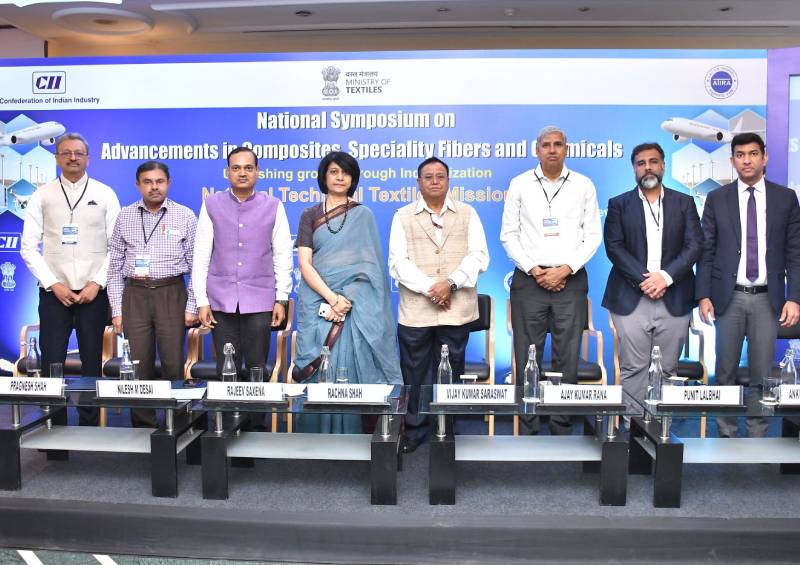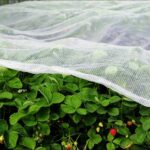India’s Technical Textiles Market Growing At 10% Per Annum

India’s technical textiles market has a huge potential backed by a significant growth rate of 10 percent and is also the fifth largest technical textiles market in the world.
This was stated by Textiles Secretary Rachna Shah at a National Symposium on Advancements in Composites, Speciality Fibres and Chemicals held in New Delhi.
The Symposium was held in by the Ministry of Textiles in partnership with Confederation of Indian Industry (CII) and Ahmedabad Textiles Industries’ Research Associations (ATIRA).
She further said that that composites have distinct structural and physical features, which make them suitable for specific applications across various sectors.
For example, in infrastructure development, aerospace, automotive sector, military and defence sector, medical devices, composite materials, among others.
She highlighted the significance and importance of institutional buyers, user Ministries and industries in the adoption of technical textiles and products made out of specialty fibres and composites.
“Stakeholders including industry representatives, policymakers, researchers, and investors should collaborate to address the cost implications in the field of composites and specialty fibres,” she added.
“They should also work together in increasing awareness and education for wider adoption by the larger community for the growth of the sector,” Shah stated.
Rajeev Saxena, Joint Secretary, Ministry of Textiles said that technical textiles are one of the fastest growing segments with a strong global demand.
“The technical textiles industry holds immense potential to drive productivity, efficiency, cost-effectiveness, and innovative solutions across engineering and general applications,” he also added.
He highlighted that NTTM is a flagship mission with a view to position India as the global leader in technical textiles.
During his speech, Saxena elucidated various guidelines under the NTTM mission related to research and innovation, start-up, machinery development, internship, education and skilling.
While deliberating on the importance of composites, he stated that textile composite materials are replacing the conventional materials in several fields.
Around 150 participants attended the symposium including officials from various ministries, user departments of the government, industry leaders, scientific experts, researchers, and professionals.














